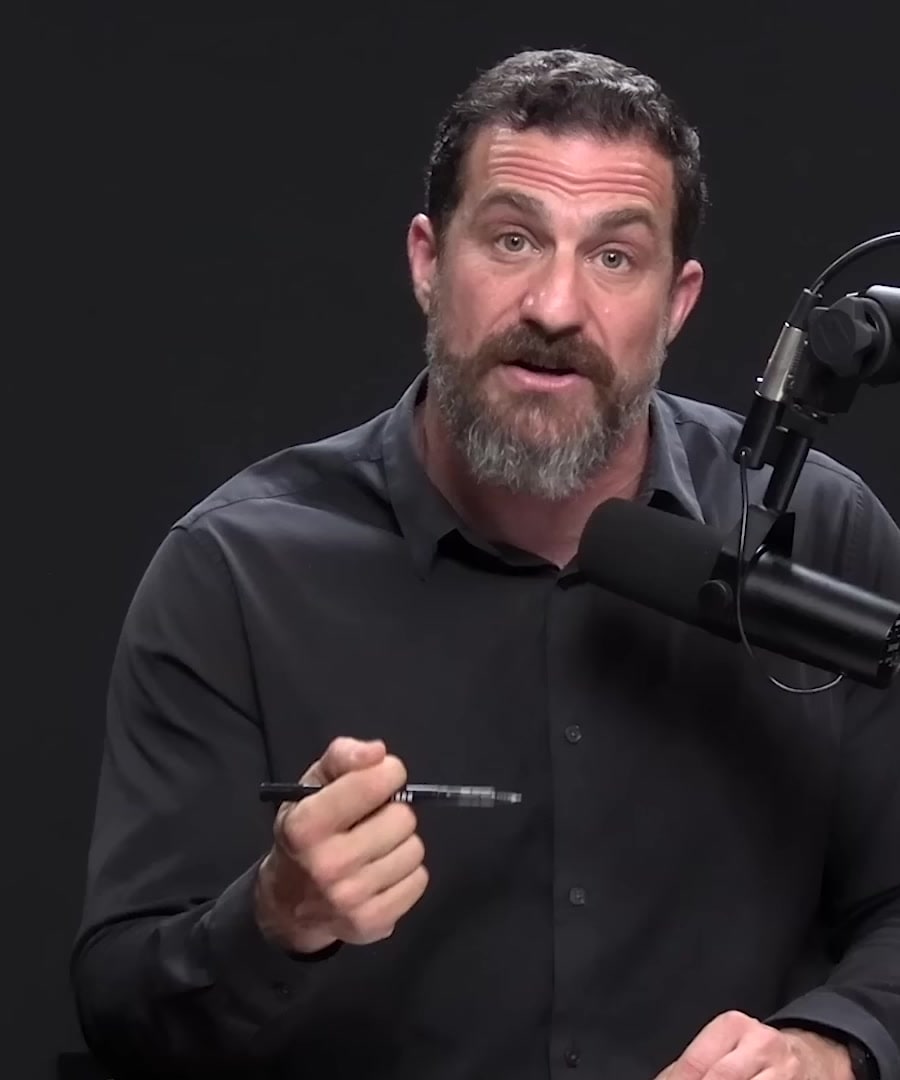Oral health
Sources:
has discussed various aspects of oral health on the . In one episode, he explains the importance of strengthening teeth naturally, potentially reversing early-formed cavities, and the use of a soft toothbrush. He underscores the connection between oral health and other diseases, such as cardiac and metabolic diseases, and possibly even neurologic diseases. He also mentions the crucial role of the oral microbiome and shares that oral health will be covered in more detail in a future episode 1.
Dr. Huberman has also spoken about fluoride and its role in oral health. Teeth are in a state of either demineralization or remineralization, and fluoride can help strengthen the enamel by forming stronger bonds within the crystal structure. It has been found to aid in remineralization and prevent cavities, but it can be toxic at high concentrations 2.
Additionally, he shares his childhood experience with fluoride treatment and how it led to him avoiding fluoride toothpaste as an adult. While he still visits the dentist, he has been adopting protocols recommended by dentists and periodontists to maintain strong oral health 3.
A discussion on the entry points for viruses, such as the eyes, nose, and mouth, also touches on oral health. The unique mucosal lining of the mouth has a role in fighting off bacteria and viruses, contributing to a healthy immune system 4.
In terms of maintaining oral health, Dr. Huberman recommends understanding the fluoride content in drinking water and considering whether to filter it. He points out that there are ways to improve the mineralization state of teeth, potentially filling in early-stage cavities without relying solely on fluoride 5.
Lastly, within a broader context, he talks about the mouth-brain connection, describing the mouth as an extension of the digestive tract and a chemical sensing apparatus that can impact overall well-being 6. Here, the focus is more on the sensory function of the mouth in the context of taste and digestion, rather than direct advice on oral hygiene.
RELATED QUESTIONS
Oral health
- RELATED QUESTIONS





